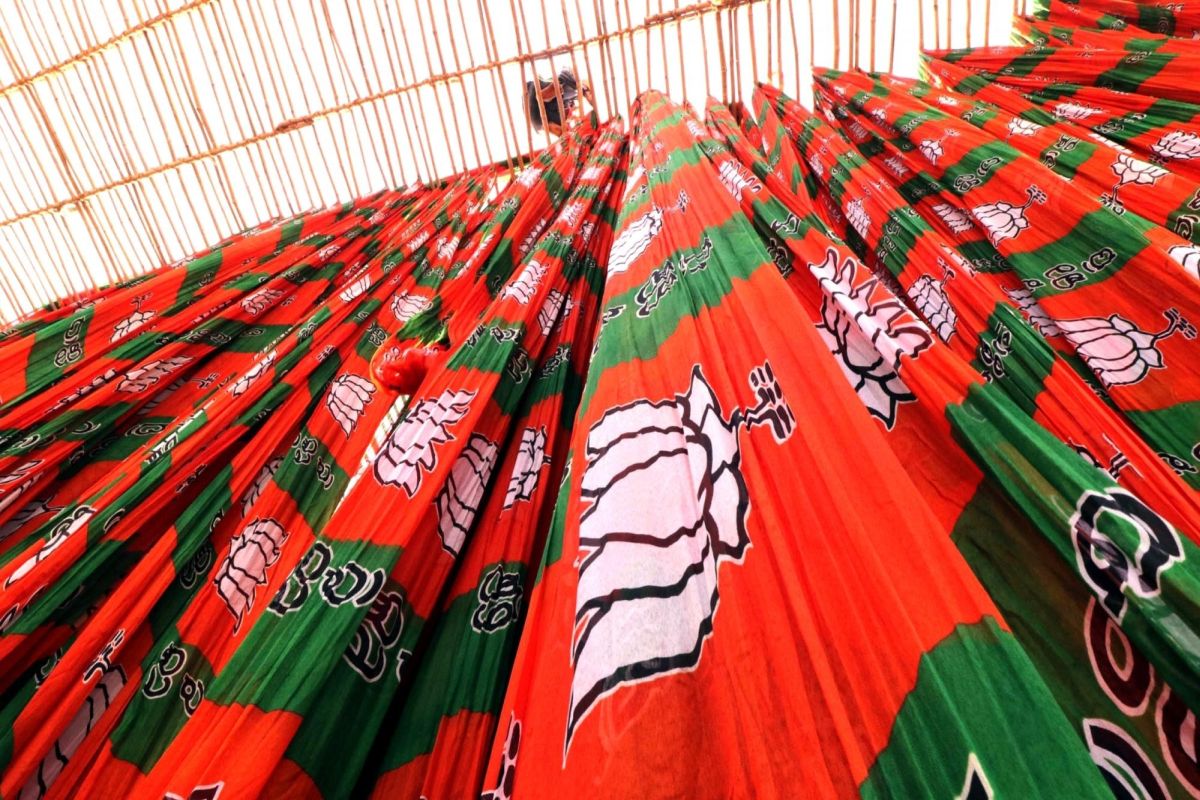After months of speculation, the BJP has now made it official — it will elect its new President on January 21, that is “if an election is at all necessary”.
A communique released by BJP’s national election returning officer Radha Mohan Singh says the nominations will be done on January 20.
Advertisement
On January 20, the nomination process for the post of BJP President will begin at 10 a.m. and will go on till 12.30 p.m. For the next hour, the filed nomination papers will be examined and another one hour till 2.30 p.m. will be provided to withdraw nominations, if any candidate wishes to.
But it’s almost certain that J.P. Nadda, BJP’s current working President, will win unopposed and in that case, the result will be out on January 20 itself. IANS earlier reported that the “world’s largest party” will elect its new President on January 20, as it is an ‘ekadashi’, which is an auspicious day according to the Hindu faith. In Sanskrit, ‘ekadashi’ means 11, as in the eleventh day of two fortnights of the waxing and waning moon.
The fact that Nadda is all set to win unopposed is evident from the wording of the communique released by Singh, which says: “If election is necessary, then the casting of ballots will take place on January 21, between 10 a.m. to 2 p.m.”
The party constitution mandates completion of election of at least 50 per cent of state Presidents for the election of national President to happen. In the last few days, the BJP has completed the election of a slew of state Presidents like in West Bengal, Nagaland among others.
The process of election of the national BJP President is quite elaborate and has been described in detail in the party constitution, which says that the national President shall be elected by an electoral college, comprising members of the national council and the state councils.
“Any 20 members of the electoral college of a state can jointly propose the name of a person, who has been an active member for four terms and has 15 years of membership, for the post of national President. Such joint proposal should come from not less then five states where elections have been completed for the national council. The consent of the candidate is necessary,” it says.









